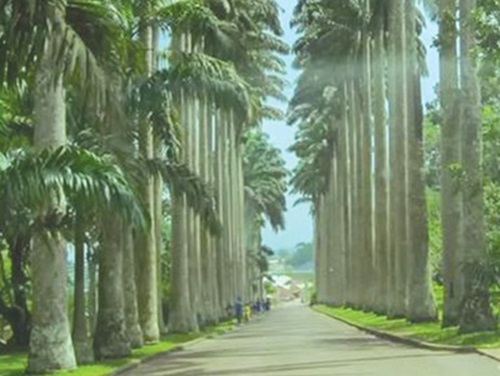In an era marked by rapid urbanisation, climate change and increasing demand for sustainable green spaces, Ghana’s cities and communities are at a critical crossroads.
One institution uniquely positioned to influence urban resilience, environmental health and public well-being is the Department of Parks and Gardens.
However, to unleash its full potential, Ghana must urgently and effectively decentralise the management and operations of this vital department.
The Department of Parks and Gardens was established with a clear mandate—to plan, develop and maintain public green spaces across the country, ensuring a balance between urban development and environmental sustainability.
Yet, decades after its inception, this mandate remains largely underachieved, not due to a lack of vision or commitment, but due to systemic underinvestment and structural centralisation.
Case
To make the Department more relevant and responsive to the needs of local communities, Ghana must activate the decentralisation of its operations to all 276 Metropolitan, Municipal and District Assemblies (MMDAs).
This means establishing well-equipped local offices, employing qualified staff and setting up plant nurseries with modern infrastructure in every district.
These decentralised units should be fully integrated into the Physical Planning Departments at the assembly level.
Localising the department's functions will allow for tailored landscaping and greening projects that reflect the unique ecological and cultural contexts of each district.
It will also create opportunities for employment, community engagement and environmental education, especially among the youth.
Role
Decentralisation without adequate resources is an exercise in futility. Each assembly must, therefore, be mandated to allocate annual budgets to support the Department of Parks and Gardens within their jurisdiction.
These funds must be used not just for maintenance, but also for the execution of bold and innovative urban greening strategies that align with national development goals and climate resilience efforts.
By investing in parks, public gardens, green corridors and tree-planting programmes, local governments can improve air quality, reduce urban heat, support biodiversity and promote mental and physical health for their citizens.
Call
We call on the government to take decisive policy action by issuing a directive for the full decentralisation of the Department of Parks and Gardens, supported by a legal framework, inter-ministerial collaboration and dedicated funding.
We also urge international development partners, environmental NGOs and urban planning agencies to support this initiative through technical assistance, capacity building and investment in sustainable green infrastructure.
The time to act is now. Ghana’s environmental future, the health of its cities and the quality of life for its people depend on how we value and manage our green spaces.
A decentralised and well-resourced Department of Parks and Gardens is not a luxury—it is a national necessity.
The writer is Head of the Parks and Gardens Unit,
Office of the President.

